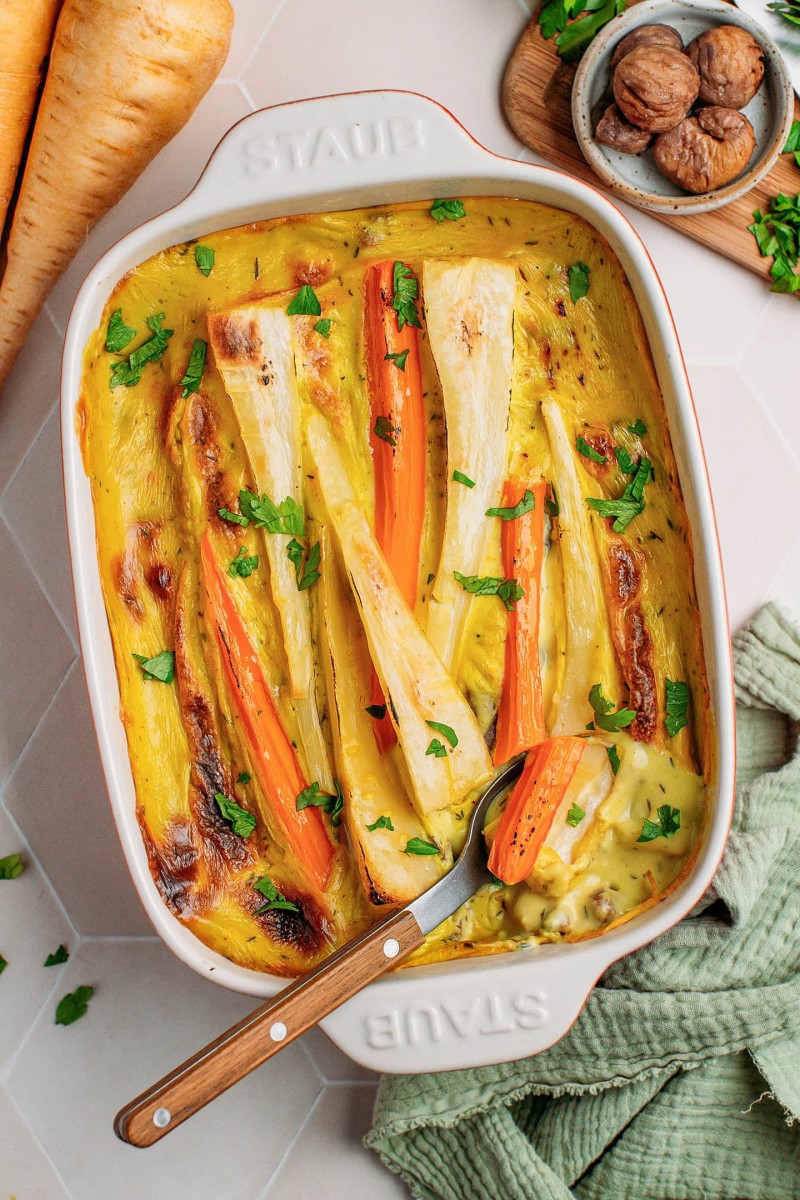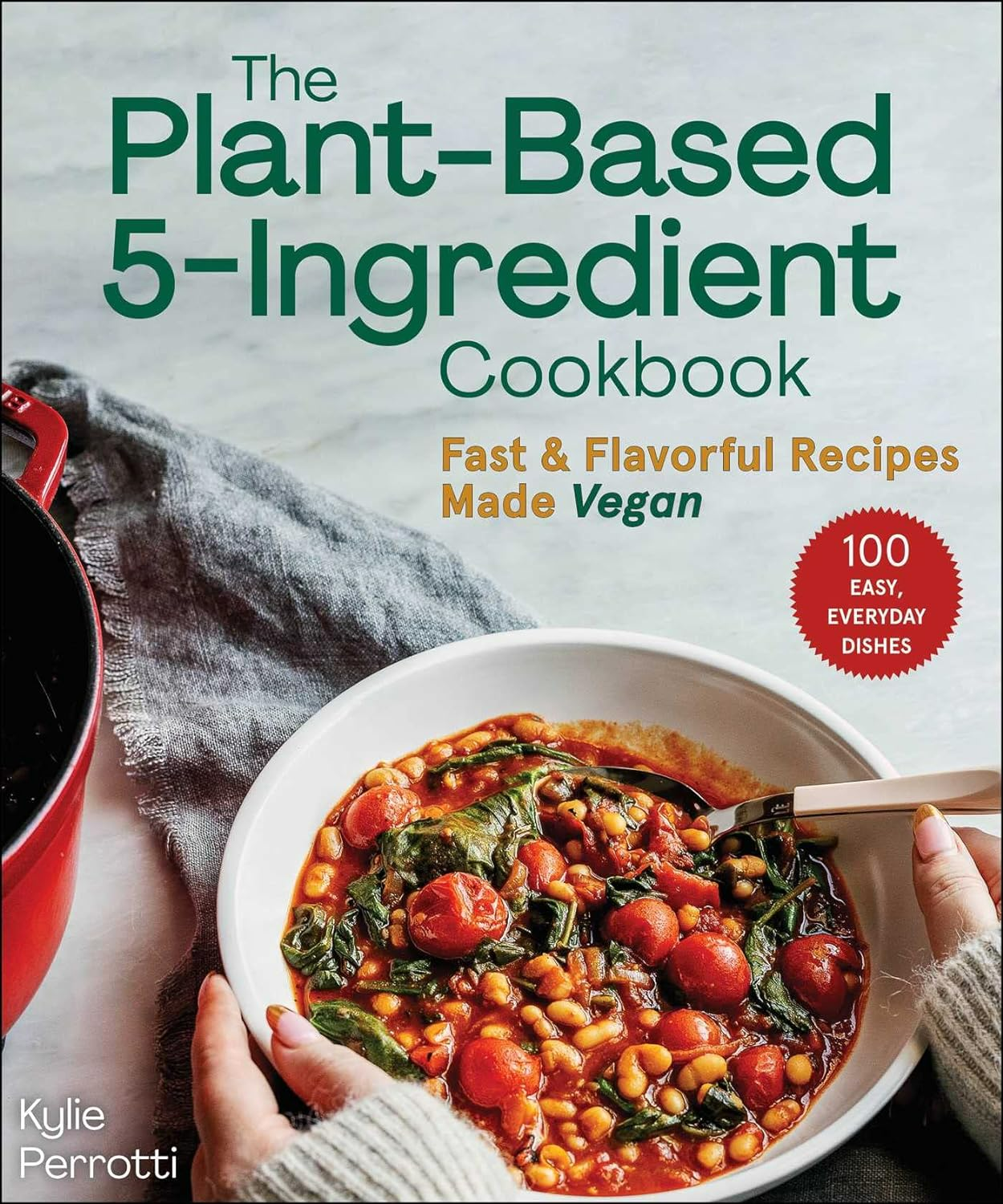The Best Brands of Sustainable Fruit Cordials
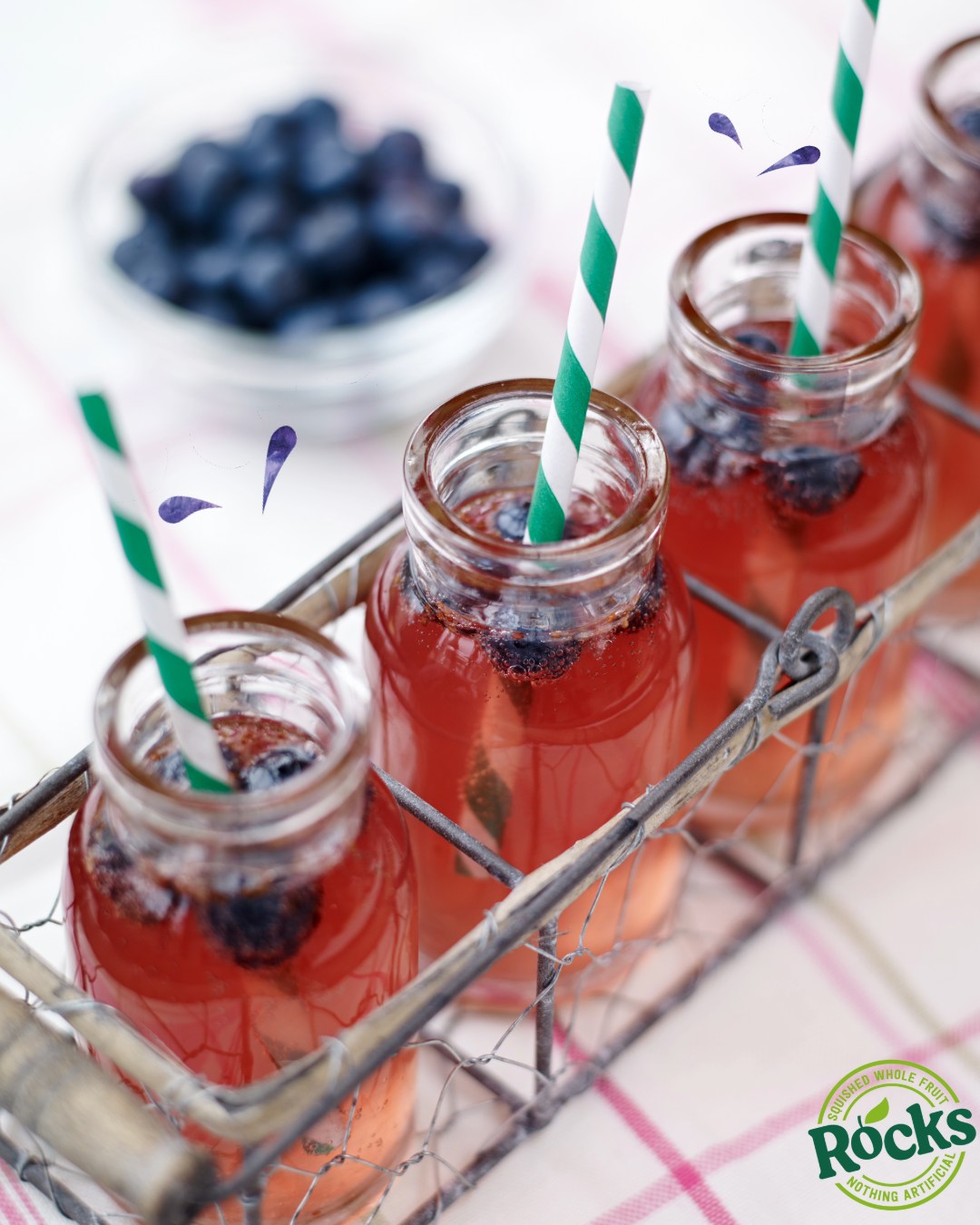
Rocks is a good brand of organic fruit cordials, founded by three dads. It blends local fruits with Devonshire water, and is sold in glass bottles (they’re easy to find in most stores, including supermarkets).
Check for drinking for diabetes. Seal properly, and store these drinks in the fridge, to avoid ants!

Due to the proposed sugar tax, most brands (even Robinson’s) now add artificial sweetener (dodgy for your health, tested on animals and leaves a funny aftertaste). And xylitol-sweetened drinks are lethal to pets, if left around.
Natural fruit cordials use a little real sugar, so are best with meals, and brush your teeth soon after, to avoid tooth decay, especially for children. But it’s better to go for more natural brands, which also help to support natural fruit growers.
Before the invention of Coca-Cola and Red Bull, cordials were the beverage of choice after water (homemade lemonade was popular, but had no fizz). Cordials are a bit sweetener than conventional squash, but likely better for you.
One user who found that Ribena now adds artificial sweetener to her favourite drink wrote online ‘‘Adding sweeteners to Ribena was intended to reduce our sugar intake. This has worked, as I no longer buy Ribena’.
Rocks Organic Blackcurrant Cordial (natural Ribena!)
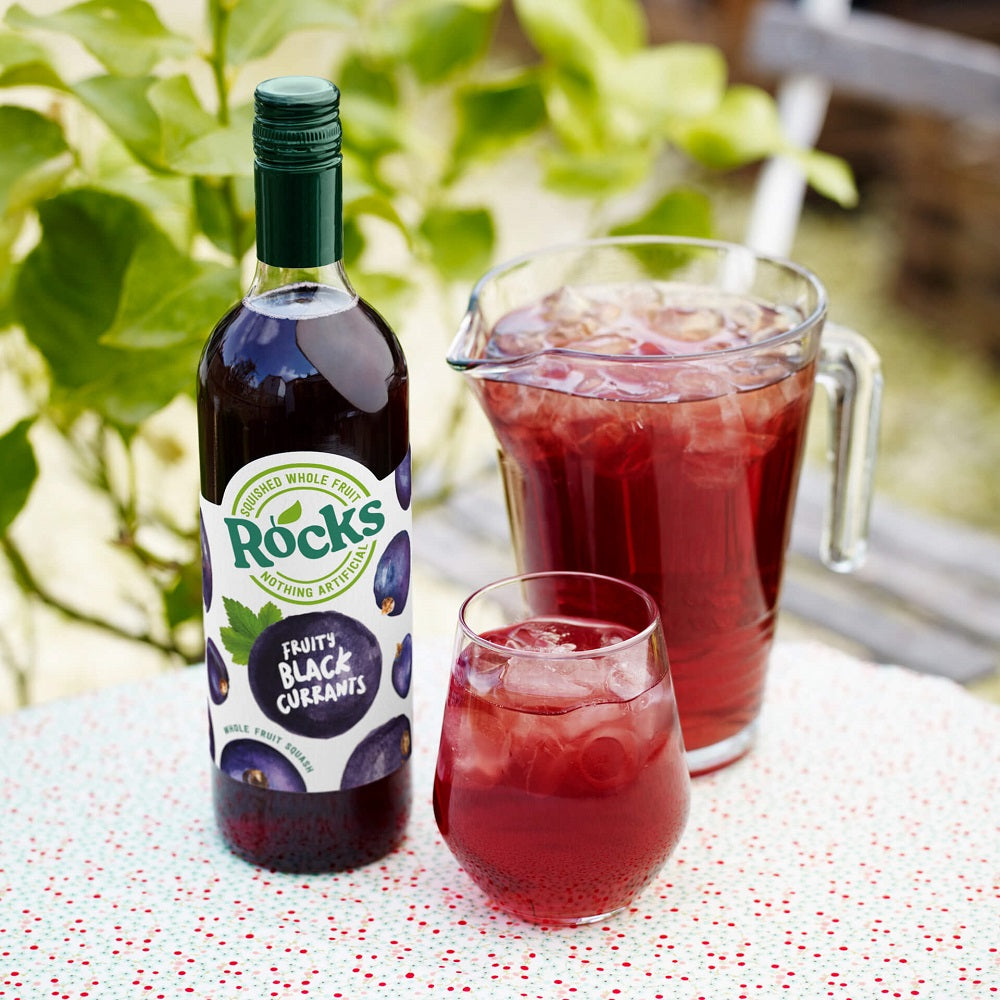
Rocks Organic Blackcurrant Cordial is sold in a glass bottle, made with organic berries and Devonshire spring water. This brand (created by three dads) is sold everywhere, from health shops to farm shops to some supermarkets.
Store in the fridge after opening, and drink within 3 weeks. Due to be sweetened with natural sugar, brush teeth not long after drinking. And don’t leave tops open, or you’ll have wasps and ants visiting!
Why Drink This, Over Standard Ribena?
Ribena is a drink created (by a biochemist and scientist combined at Bristol University) back in 1938, to help people get vitamin C during World War II, when citrus fruits were not available. The government encouraged people to grow blackcurrants, and children were given the drink for free.
The name is from the botanical name for blackcurrants (‘ribes nigrum).
Now owned by a Japanese corporate food brand, modern versions are (like all squash – even Robinson’s Barley Waters) adding artificial sweetener to reduce the sugar level, preparing for impending sugar taxes. Today around 90% of all our blackcurrant harvests, goes to make Ribena (profits moving out of England).
One user who found that Ribena now adds artificial sweetener to her favourite drink wrote online ‘‘Adding sweeteners to Ribena was intended to reduce our sugar intake. This has worked, as I no longer buy Ribena’.
The company recently spent £7 million on a TV ad campaign, to have people hark back to the days of nostalgia, when drinking Ribena. However, the sugar tax has now changed the recipe completely.
There is now less blackcurrant juice, and ‘blackcurrant flavour’ has been added. This reduces the sugar content, to make more profits. One user said it now just tastes of ‘summer fruits’, and it’s like the makers have filled the bottle with a completely different drink.
Homemade Ribena Cordial
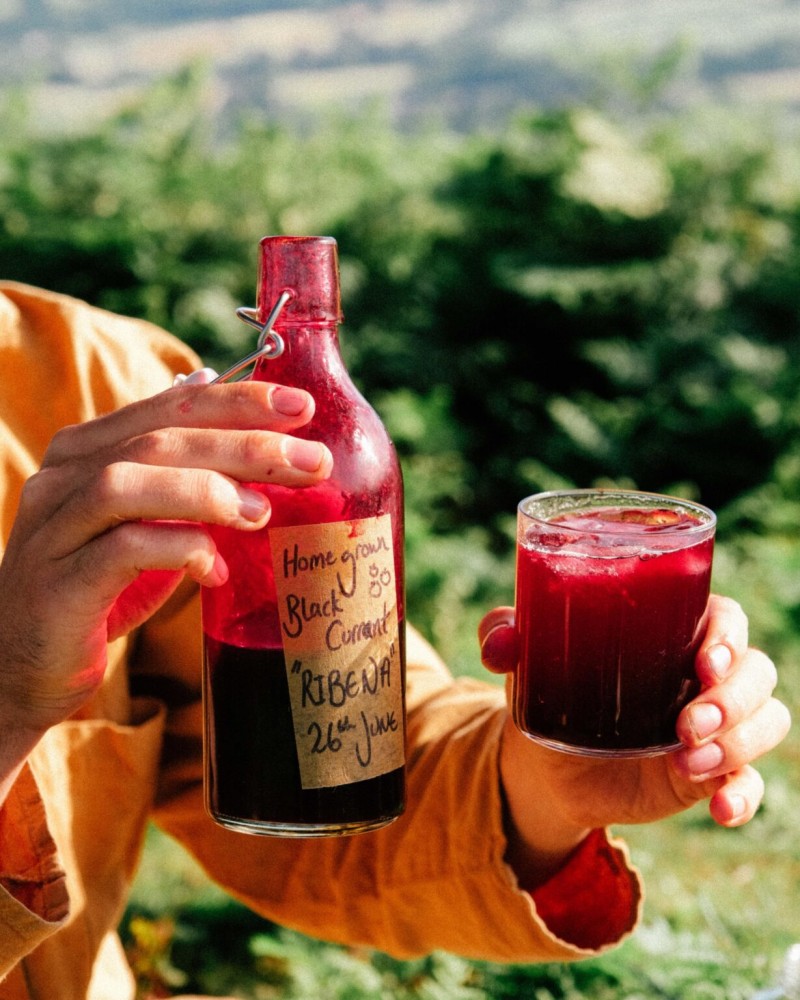
Welsh chef Gaz Oakley has a simple recipe for homemade Ribena. It only needs water, blackcurrants and maple syrup. However if making homemade squash, it’s important to avoid unpasteurised drinks for pregnancy/nursing and weak immunity. And you also need to sterilise the bottles/jars:
Put jars, lids and rubber seals on hot dishwasher cycle (fill with hot water, while warm). Or wash in hot soapy water, and ‘cook’ in pre-heated oven (to 160 degrees C) for 15 minutes (again fill with hot water, while still warm).
Full of Real Fruit Flavour
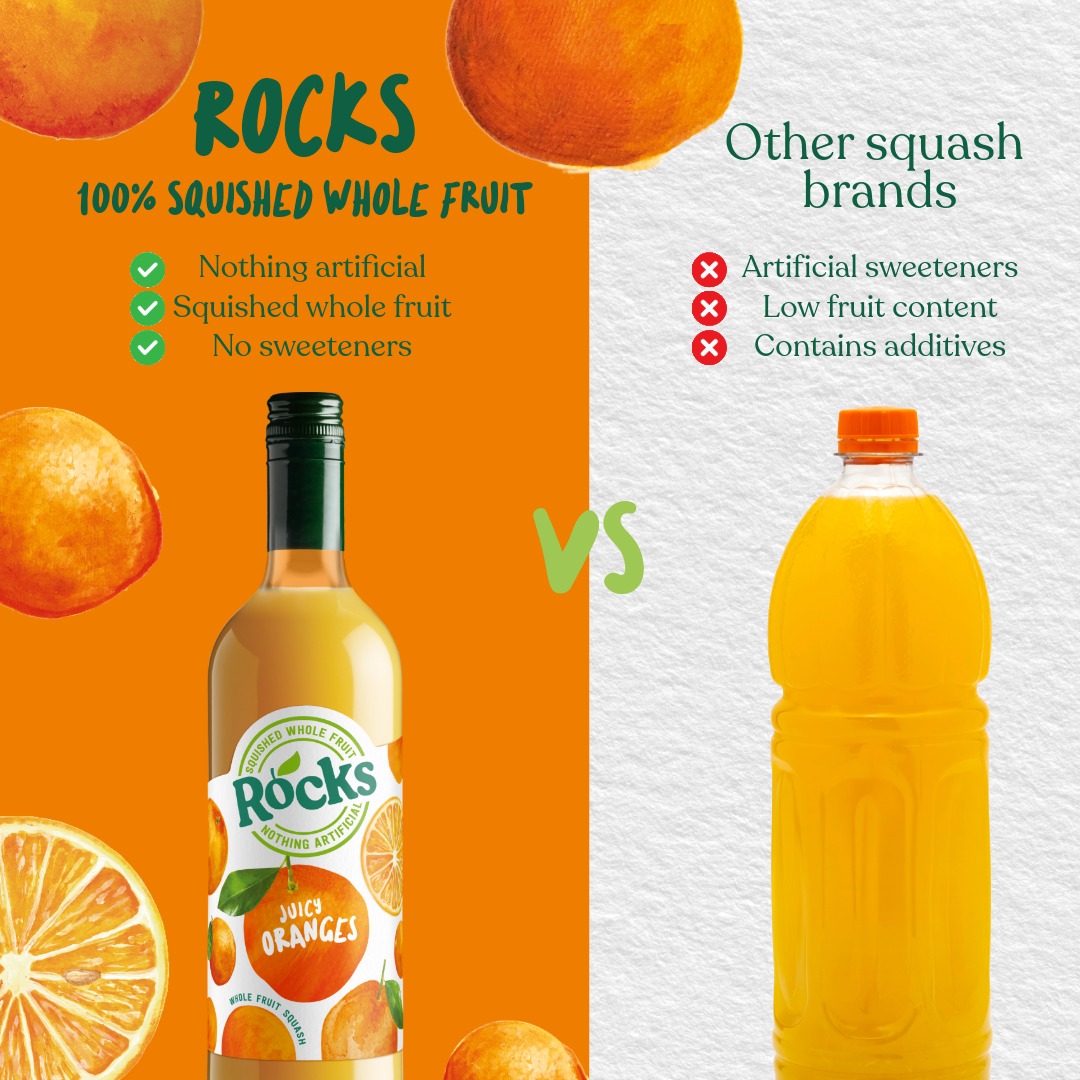
Rocks Organic cordials use real fruit juices to create bright, honest flavour in every bottle. Unlike many syrups, you won’t find artificial sweetness or a chemical aftertaste here.
Every sip tastes like it came straight from the orchard, thanks to careful sourcing and small batch production. The range includes:
- Blackcurrant
- Orange
- Summer Fruits (strawberry, cherry, apple, blackcurrant)
Organic Ingredients You Can Trust
When you pick up a bottle of Rocks Organic, you know exactly what’s inside. All their cordials are certified organic, which means no synthetic pesticides or fertilisers.
This commitment to quality ingredients gives their drinks a clean, crisp taste you can rely on, while caring for the environment.
Free from Artificial Additives
Many drinks add preservatives, colourings, or flavour ‘enhancers’. Rocks Organic stands out by keeping things simple, using only natural ingredients.
This approach is better for your health and means you’re tasting fruit, not chemicals.
Locally-Made, Supports Devon’s Farmers
Rocks Organic is based in Devon and sources as many ingredients as possible from British growers. By supporting local agriculture, they keep transport miles low and help rural communities in the West Country thrive.
Every bottle is a real taste of home.
Perfect for Families and Children
With no artificial flavours or sweeteners, Rocks Organic is a safe choice for everyone. Kids love the taste, parents love the peace of mind.
Note even Rocks suggest that water is always the best drink for children. But when they want a glass of squash, this is a better choice.
Versatile for All Occasions
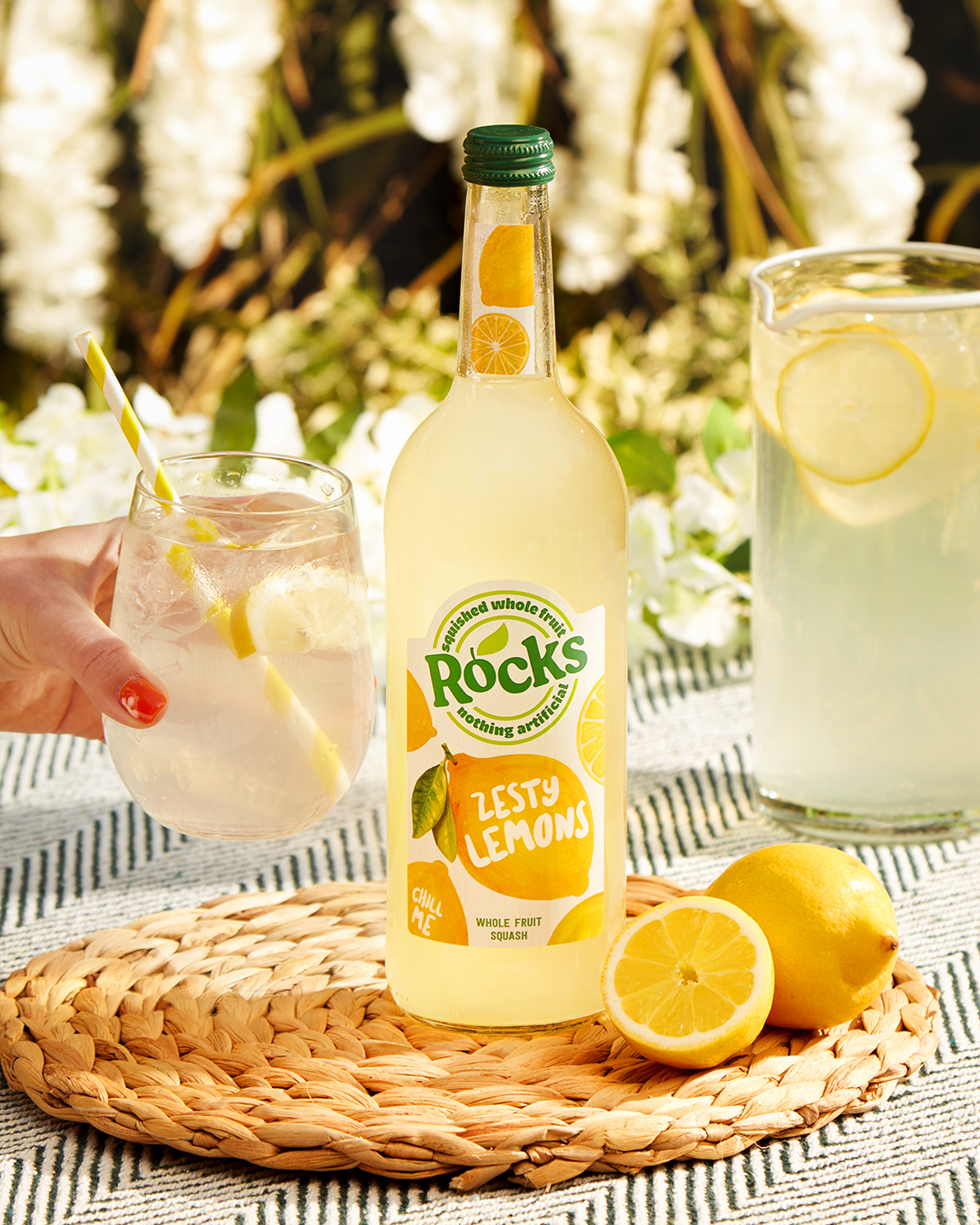
Rocks Organic cordials aren’t just for cold drinks. Mix with still or sparkling water for a refreshing soft drink, warm it up on a chilly day, or splash into cocktails for something special.
The range covers classic favourites like blackcurrant, orange, and lemon, so there’s always a flavour to suit your mood.
Environmentally Friendly Packaging
Sustainability matters. Rocks Organic bottles are recyclable and designed to keep waste to a minimum.
By choosing their cordials, you join a growing movement to reduce plastic and support greener business practices.
More Natural Fruit Cordial Brands
- Mr Fitzpatricks makes traditional cordials (nice warmed in winter) including blood tonic (nettles and rosehips with raspberry). Alongside real traditional cordials like dandelion burdock. Some drinks contain hibiscus (avoid for pregnancy).
- Tree Top Press (Yorkshire) makes cordials from homegrown and foraged fruits. Mixed with sugar and natural flavours (ginger, cinnamon, cloves, lemon, vanilla), choose from blackcurrant, damson, purple plum, Victoria plum or spiced winter cordial.
Make your Own Fruit Cordials
Alternatively, you could try making your own cordials, although unpasteurised fruits should be avoided for pregnancy/nursing and those sensitive to food-borne illness.
You’ll also have to sterilise glass bottles by running on the highest setting in the dishwasher or washing in hot soapy water, then drying (no tea towel) in the oven. Sterilise rubber seals, by soaking in a jug of boiling water.
You can find simple recipes online:

